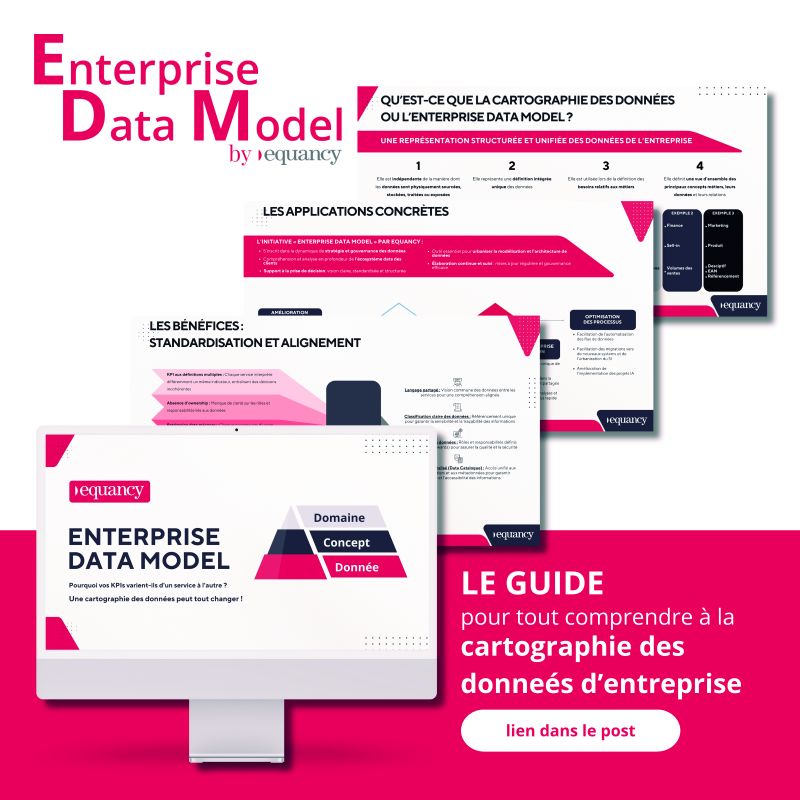Insurers: How to accompany the pros in their obstacle course?
While the professional market has long been an important area of development for insurers, the health crisis has accelerated this trend. Most players consider professionals as a strategic target with the upcoming recovery. To attract and retain this increasingly sought-after clientele, selling traditional insurance products is no longer enough: beyond products, solutions and services must be thought out to meet the specific needs of professionals throughout the life of the company. Traditional insurers must pay even more attention to this evolution as banks are multiplying their initiatives to position themselves as privileged partners of professionals.
For insurers, the professional market represents an important growth driver in the face of a mature individual market. It is also a loyal clientele with a strong appetite for multi-equipment: nearly one out of two professional managers tends to take out all their products with the same social protection organization (1). The many initiatives deployed during the health crisis (exceptional aid, solidarity platforms, easing of deadlines, psychological assistance, etc.) testify to the ambition of insurers to position themselves as partners of professionals.
A dynamic and high-potential market (96% of companies in France have less than 20 employees, i.e. approximately 4 million active entities (2)), the professional clientele includes various sectors of activity with specific needs that make this market impossible to apprehend with an overly "processed" approach. Between a retailer (24% of the pros market), a service company (19%) and a construction company (15%) (2), it is easy to imagine that expectations and needs are very heterogeneous.
However, even if insurers put forward segmentations by activity families, the products offered remain, in fact, relatively identical from one organization to another, and do not fully address the needs of professionals. Today, proposing a catalog of standard offers is no longer enough. Beyond insurance products, it is necessary to think about solutions and services adapted to the needs of each professional and each company. Banks are in the process of successfully meeting the challenge of customer orientation by offering solutions and services that facilitate the day-to-day administrative management of their customers (digital banking tools, cash management solutions, etc.).
Like the latter, insurers, if they want to develop the value of their professional customers and strengthen their position as a partner, must acquire a detailed understanding of the needs associated with each moment in the life of the company, and at each stage of the entrepreneur's journey, in order to respond with adapted solutions. Illustrations:
ENCOURAGING THE ENTREPRENEUR IN THE CREATION OF HIS COMPANY
This is what AXA and AG2R La Mondiale have chosen to do by joining forces with national or local organizations (Chambers of Commerce and Industry, Entrepreneurship Mentoring Institutes, Banque Publique d'Investissement, etc.) to offer entrepreneurship encouragement programs in the form of training courses or workshops. Société Générale offers thematic meetings to help entrepreneurs build their business plan and prepare their financing file. This service is offered to clients and prospects alike, and provides an opportunity to discuss insurance needs in advance. Indeed, 66% of professionals believe that starting a business is a good opportunity to think about adjustments to their insurance (1).
SUPPORTING THE MANAGER IN THE DEVELOPMENT OF HIS BUSINESS
Most bancassurance providers are positioned to support the growth projects of professional managers, whether it be an international expansion or the development of an eCommerce platform. Crédit Mutuel, for example, offers all kinds of support for business development, from the creation of a click & collect platform to facilitating online payment, as well as assistance in finding international partners.
On the other hand, few insurers can claim to assist the Pro manager in the development of his business. Among the few initiatives, we can note Maif and its Start Up Club, which offers companies an ecosystem of sharing and networking that is beneficial for networking and business development.
Insurers also have a card to play to save time for the manager in his daily life, and allow him to fully devote himself to the business. Indeed, 84% of professionals believe that support in day-to-day management is an important criterion in the choice of their insurer (1). There are many services to imagine in this area: I want to secure my missions abroad? Allianz offers me a country risk analysis to help me prepare for my trips. I want to protect my data from computer attacks? Société Générale provides me with cybersecurity coaching. I want to strengthen my CSR policy? AXA offers me the Climate School, a training platform on climate issues and their impact on business transformation. An initiative that promises to be appreciated when you consider that 88% of employees think that ethics and the environment are among the most important issues at work (3).
ASSISTING MANAGERS IN PROTECTING THEIR EMPLOYEES
Health and quality of life at work, pillars of the employer brand, represent major issues for company managers. Insurers offer a number of services for employees: teleconsultation, second medical opinion, sports and wellness applications, etc. For example, Generali is innovating with its Vitality prevention program: an application that encourages employees to get moving by rewarding their efforts with gifts or benefits from partners.
However, the topic of the executive's health is little addressed by insurers, and 81% of them consider themselves less well protected than their employees (1). However, more than a third of managers feel weakened or even show signs of burn-out following the health crisis (4), and insurance companies would benefit from taking a stand on the subject. For example, Harmonie Mutuelle offers services to help managers anticipate the risks of psychological distress in partnership with the APESA association (Aide Psychologique aux Entrepreneur en Souffrance Aigue).
HELPING THE TRANSFEROR IN THE TRANSMISSION OF HIS COMPANY
At the time of retirement, patrimonial and fiscal issues are key for the professional, and the transferor needs to be accompanied in the transmission of his company. Banks logically stand out for their financial expertise, like BNP Paribas, which emphasizes its advisory role in preserving the seller's assets (choice of financial arrangements, management of real estate assets, shareholding strategies, etc.).
Here again, few insurance companies offer services to the executive to assist him during this complex stage. There are a few exceptions, such as AG2R La Mondiale, which offers assistance in finding a buyer thanks to a partnership with MeetPRO, as it can be difficult to find a buyer for professionals who are sometimes alone in their business and some companies have to close when the manager retires; or Groupama, which offers legal support for managing the company's status.
For insurers, the triptych of guarantees, services and support is the key to positioning themselves as the preferred partner of professionals. To achieve this, insurers must go beyond a purely "product" logic and respond in a concrete way to the needs of professionals at each stage of the company's life.
Sources:
1. Internal EQUANCY study, base 803 respondents, companies with 0 to 19 employees nationwide, 2021
2. EQUANCY mapping, INSEE data, companies with 0 to 19 employees nationwide, 2021
3. "National barometer of CSR perception by companies", Kantar for Medef, 2020
4. Study "La santé des dirigeants adhérents à la CPME", Observatoire Amarok, 2020
Charlotte Weill
CEO




